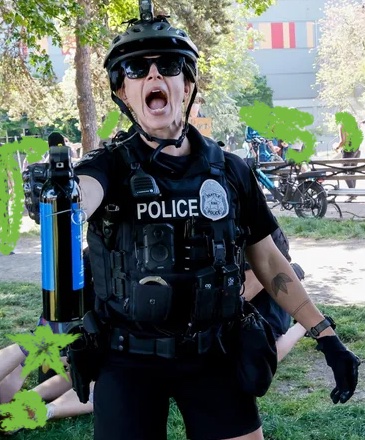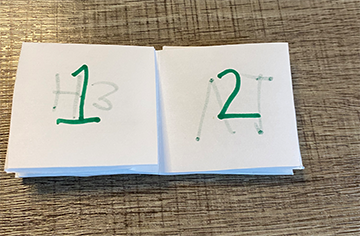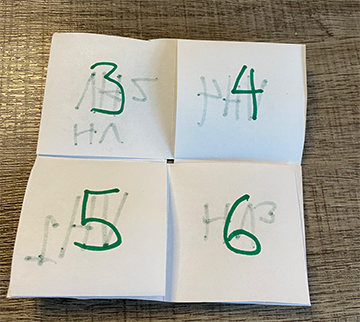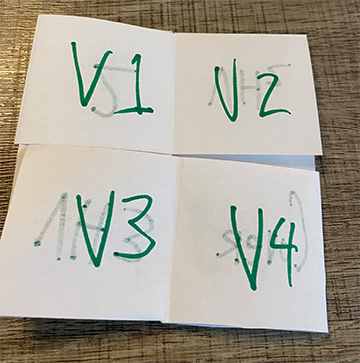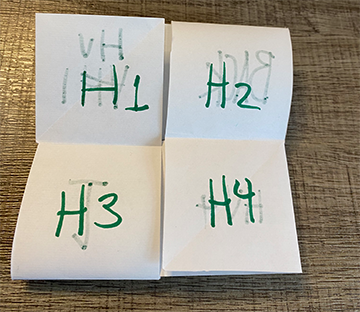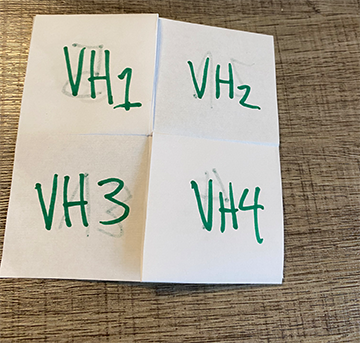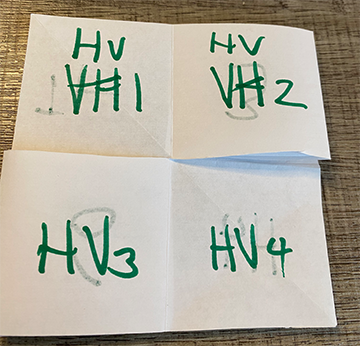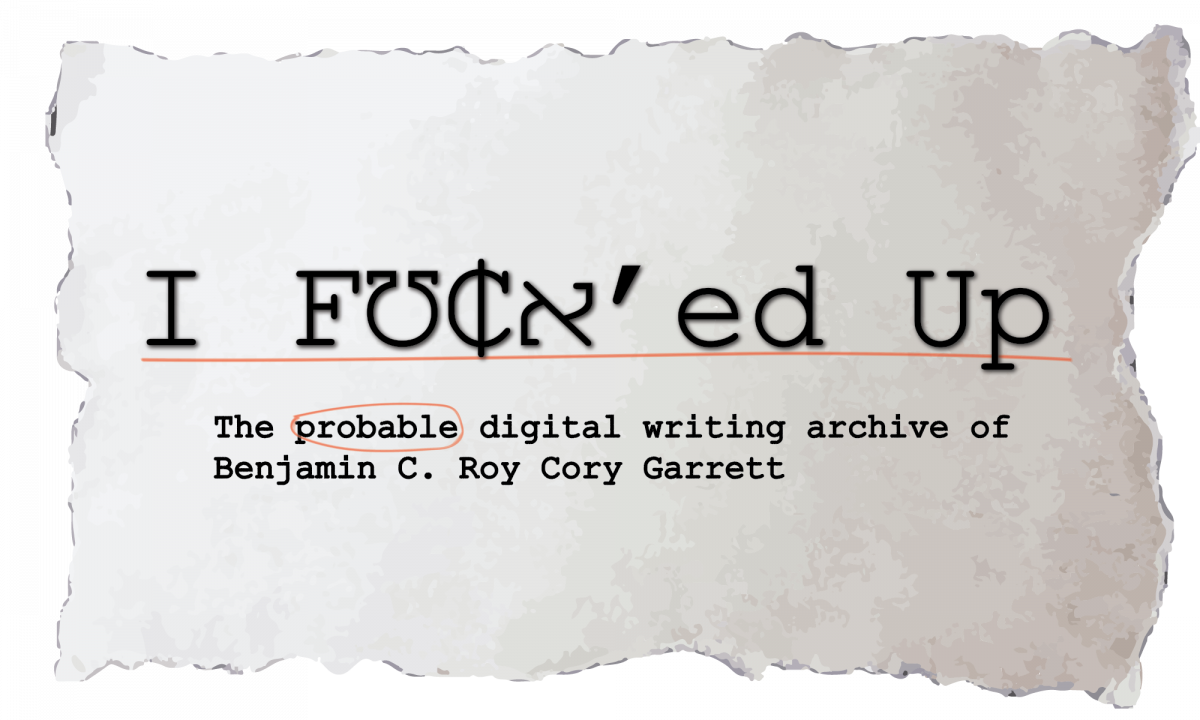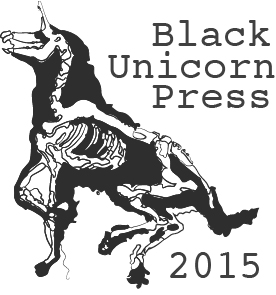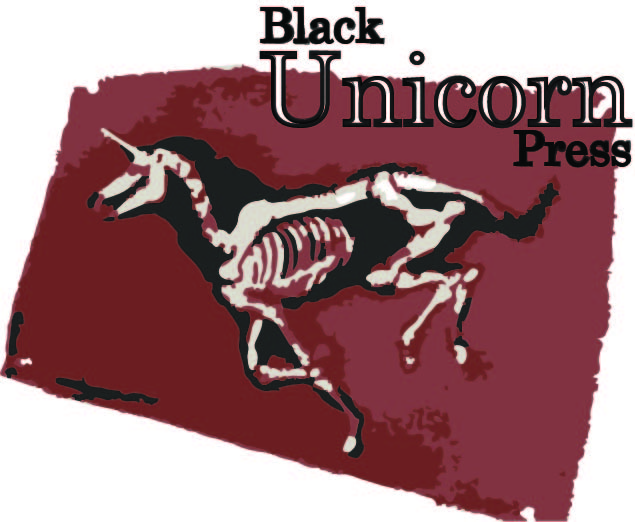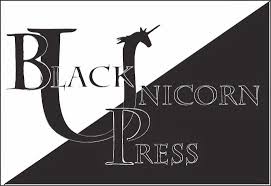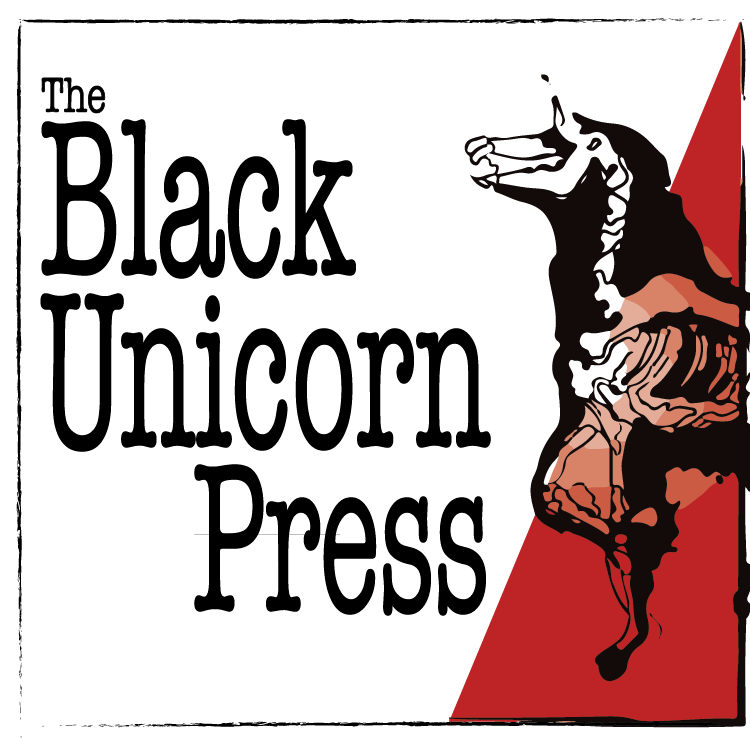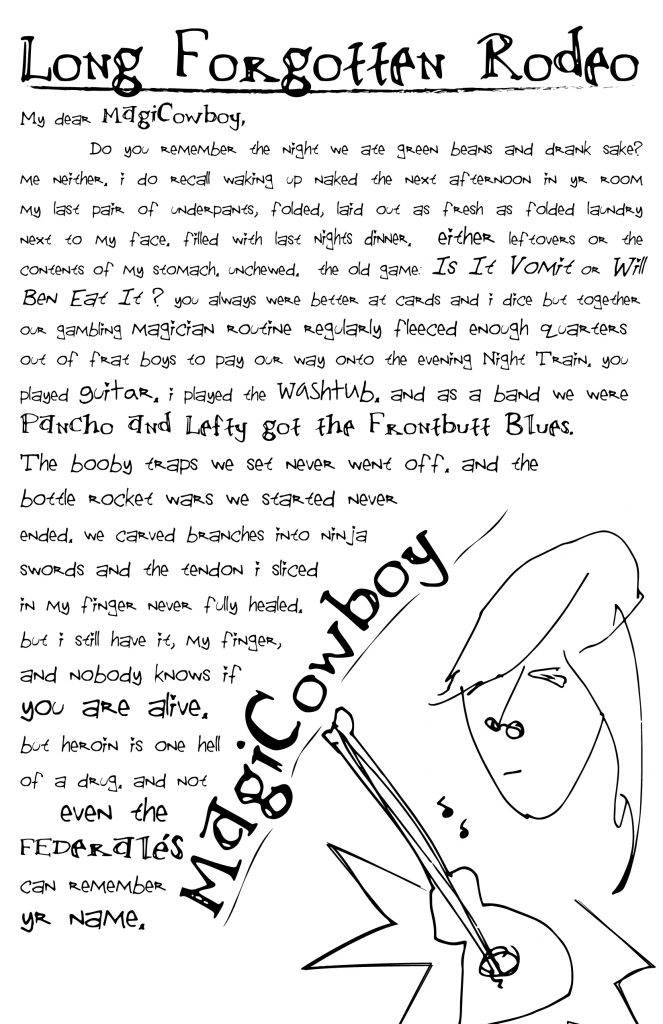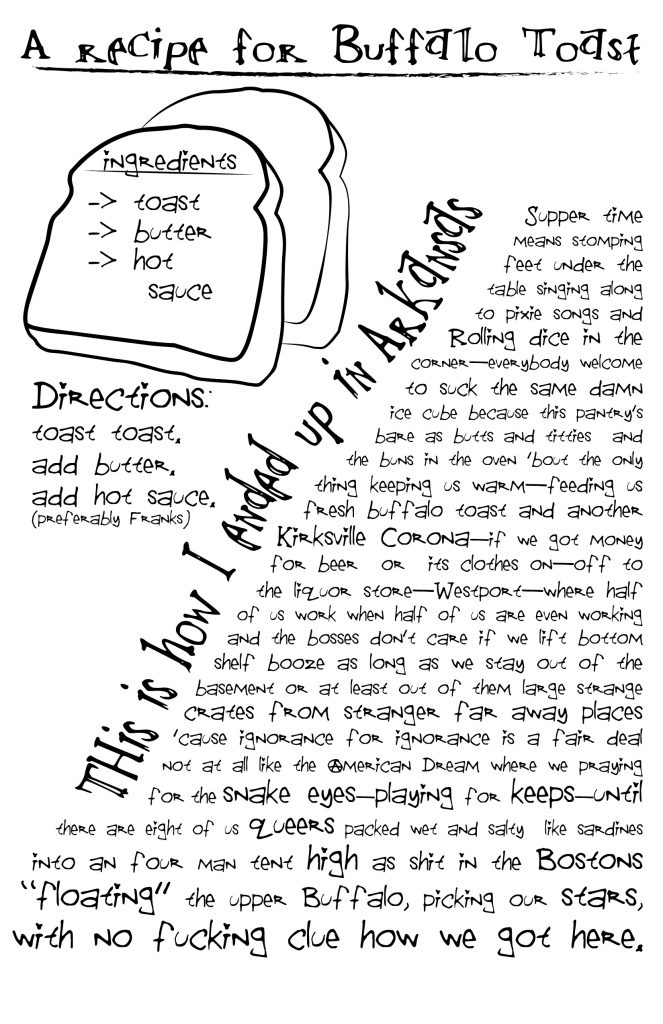The circumstances of the death of Charlie Kirk are still a bit opaque to me, as I have seen a lot of contradicting things on the internet about the motives behind the shooter, so I am going to wait to post any thoughts I have specifically about Kirk’s death or “how things like this come to happen” in the US. What I have noticed, and I think is a very concerning sign, is how confusing people’s belief in the Freedom of Speech is in the United States. Right now, many on the right are calling for people to face consequences for publicly posting anything that appears to either celebrate or make light of Charlie Kirk’s death. Primarily, the consequences I see being called for are “doxxing” social media posters and getting them fired from various kinds of jobs, although for many months immigrants have been facing direct legal repercussions for their public speech, including deportation and incarcerations. Thus, I don’t think it is unreasonable for some on the left to be particularly concerned about how the Trump administration has been going hard after major media outlets, celebrities and public figures generally for criticism, especially for criticisms comparing Trumps actions to fascism.
At the same time as I think it is essential for the press to remain free from government oversight, and for the government not to arrest people for what they say, I have always been very vocal that I believe the freedom of speech means freedom from government repression for what you say, not that the government has any responsibility to protect you from the consequences of your own speech. From a radical anarchist and anti-authoritarian perspective, for example, when now humiliated, disgraced alt-right leader Richard Spencer tried to hold a rally and meeting at Michigan State University in East Lansing MI, it wasn’t the police or the State of Michigan or even MSU denying him access to their spaces as a state school that led to his public breakdown, and pretty much the implosion of his organizations and leadership. What pretty much ended Richard Spencer as a white nationalist leader (he has since become a self-described political moderate and voted for Kamala Harris for president…no shit.) was how effectively essentially one protest shut down his event. To me, this was one of the clearest examples of the entirety of the first amendment working to its maximum effectiveness. Some members of the white supremacist group the “Traditionalist Workers Party” (which was also invited to the event, but their leader got arrested trying to fight his way into the hall) have tried to blame local law enforcement for not doing enough to essentially provide free security for the event, but that accusation went nowhere in law suits and only a handful of his supporters made it past the protesters into the event. At the time, on the ground, I remember there were a lot of “moderate voices” afraid that protesters showing up to the event would lead to Charlottesville like violence and were trying to discourage protestors from showing up, but having been there, and seen how completely humiliated and frustrated the white supremacists were that they couldn’t get into their event, and how betrayed they felt by a lackluster police presence that did very little to protect them. They expected the State to step up and protect their right to free speech and silence the voice of protestors, and when that failed to happen, it pretty well broke that section of their movement. Honestly, it was one of the most effective anti-racist/antifa protests for which I have ever been present. I think one of the things that really made it effective was exactly the fact that the state took so little responsibility for trying to protect Spencer and his white nationalist allies from the direct consequences of his hateful speech, but also didn’t try to directly silence him by trying to prevent his event from happening. Other Universities did take this approach, and tried to claim that it was for the good of public safety, and those institutions ended up getting sued and not being the place where Spencer’s movement ended.
So, what does that have to do with the Death of Charlie Kirk and the current political climate surrounding the topic of Free Speech?
I think it is important that people have spaces to voice their ideas, even when their ideas are hateful, ignorant and dangerous. When people do not have places to voice those ideas and see how other people react to those ideas and what consequences they will face for espousing those ideas, then they continue to hold on to those ideas, and tend to just grow bitter around them, or find specific communities where those ideas can be shared over and over again into an echo chamber. I think it is absolutely vital that college campuses and institutions of education foster places for people to have conversations around difficult, even dangerous ideas in ways where people are spared some of the direct vitriol and hostility that they might experience expressing these ideas in more public spaces, and I will come back to this idea at the end of this post.
I also think that many younger young folks are already realizing that public facing social media is a bit of a trap, that tends to lead to more trouble than it is worth, as it is not actually a truly free and public space, but rather a highly controlled commercial space where most of the content generated by normal people and not professional media personalities is essentially being stolen by these social media companies for as much profit as can be sucked out of them, while the social media companies let the people take almost all of the risk for what they publish. I think younger folks have turned away from more public facing social media like eX-Twitter, Facebook and even Instagram for anything more than observing media, and towards platforms like Discord and Signal for creating communities of people they want to selectively share ideas and information with, because it feels like there is less risk associated with doing so.
Personally, I think the flip side of having the protected right of free speech is that people have to learn how take responsibility for what they say and for the consequences for having said it. I think we collectively need to make sure we are including that as part of the education of the people we want to build community and society with, but I also think that the most public facing side of that is that the government has absolutely no responsibility, nor right, to protect people from the consequences of what they say publicly, not from their employers, or their communities. The belief that it should be ok to say something publicly on social media that a person wouldn’t feel comfortable shouting out into a public square is a big part of why the rhetoric of social media feels so toxic to so many.
The biggest problem with this though, is that most people are not very well informed about how social media works, or how much anonymity they have online, or how easily someone savvy with the technology can trace even anonymous feeling posts and messages back to them, because the vast majority of time, no one cares, and so people don’t see it happen. But when events occur that do really upset a wide group of people, these kinds of situations are going to happen more and more, and I think people on both sides of the political spectrum are now waking up to the fact that there is little to do about it except learn how to harness that power for themselves.
All of this put together is why college campuses have fully become active, real battle grounds in the Culture War. Just back in 2023, most Americans viewed college campuses as far friendlier to liberals than to conservatives when it comes to free speech. The story I just told above about shutting down Richard Spencer from speaking to a full crowd of people at MSU certainly seems to support this claim, and it probably is fairly true, even if the “liberal ideas” of most college campuses feel incredibly mainstream and middle of the road compared to the ideas like “white nationalism” that people like Richard Spencer was expressing. I said earlier that I think it is essential that college campuses remain places where people share and discuss difficult and dangerous ideas, but I think it is also important that we don’t limit the discussion of these ideas to locations that are locked behind class barriers which is a huge part of why I think Trump has found so much success targeting a “liberal elite.” Colleges and Universities might have center-left leaning political and social biases, but the power and authority that they really exert on society is quite small, and most of the “progressive” or “liberal” ideas that were maybe starting to transition from college campuses to mainstream US culture have been incredibly mild, capitalist friendly, and often much more centered around the appearance of values like “diversity” or “inclusivity” than the meaningful cultivation of those values. This has led higher education to look like it is a bastion of liberal values without actually accomplishing much, and made it a very easy target for groups and institutions that actually hold a ton of political, economic and social power.
I have a lot more to say about Charlie Kirk specifically, and how effectively he utilized the illusion of “Liberal Elite” authority on college campuses to make it look like he was a political and social underdog while not even really engaging with the academic community as his target audience, but I think I will save that for a future post where we can maybe also address the circumstances and consequences of his murder with more concrete knowledge about what happened. I guess I will just sign off this blog post expressing my own anxiety that the right is coming hard after universities, colleges and other institutions of higher education and that many of these institutions are going to be suckered into thinking that they will be safest by lowering their heads and kowtowing to the blatantly racist, sexist and false belief that there can be any knowledge that can be taught at the college level that is not politically situated. Having stepped away from teaching to be a stay at home parent, it is difficult to see myself being welcome back into a college or university setting that is trying to hide its head in the sand, and also it leaves me a bit sad that I have basically taken myself out of a position to fight against that from the inside.
